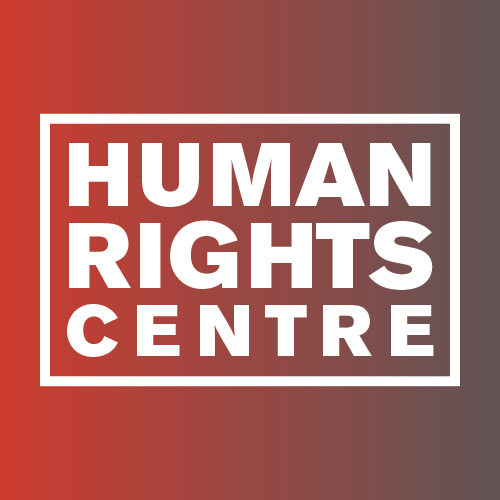Professor Peter Beresford – (School of Health and Social Care)
Participatory Ideology: From exclusion to involvement, (Bristol, Policy Press, 2021)
The COVID-19 pandemic, Black Lives Matter movement and renewed action against climate change all highlight the increasing gulf between narrowly based dominant political ideologies and popular demands for social justice, global health, environmentalism and human rights. This book examines for the first time the exclusionary nature of prevailing political ideologies. Bringing together theory, practice and the relationship between participation, political ideology and social welfare, it offers a detailed critique of how the crucial move to more participatory approaches may be achieved.
- Professor Renos Papadopoulos (Department of Psychosocial and Psychoanalytic Studies)
Renos Papadopoulos, Involuntary Dislocation: Home Trauma, Resilience and Adversely Activated Development (Routledge, 2021)
In this highly critically-acclaimed book, Renos Papadopoulos clearly and sensitively explores the experiences of people who reluctantly abandon their homes, searching for safer lives elsewhere, and provides a detailed guide to the complex experiences of involuntary dislocation.
- Dr Anna Di Ronco (Department of Sociology)
Nina Peršak and Anna Di Ronco (eds.) Harm and Disorder in the Urban Space: Social Control, Sense and Sensibility (Routledge, 2021)
Rooted in interdisciplinary scholarship, this book considers a range of urban issues, focussing specifically on their sensory, emotive, power and structural dimensions. The visual, audio and olfactory components that offend or harm are inspected, including how urban social control agencies respond to violations of imposed sensory regimes.
- Professor Clara Sandoval (School of Law)
Cristian Correa, Shuichi Furuya and Clara Sandoval, Reparation for Victims of Armed Conflict (Cambridge University Press, 2020)
Are victims of armed conflict entitled to reparation, which legal rules govern the question, and how can reparation be implemented? These key questions of transitional justice are examined by three scholars whose professional, theoretical, and methodological backgrounds and outlooks differ greatly.












